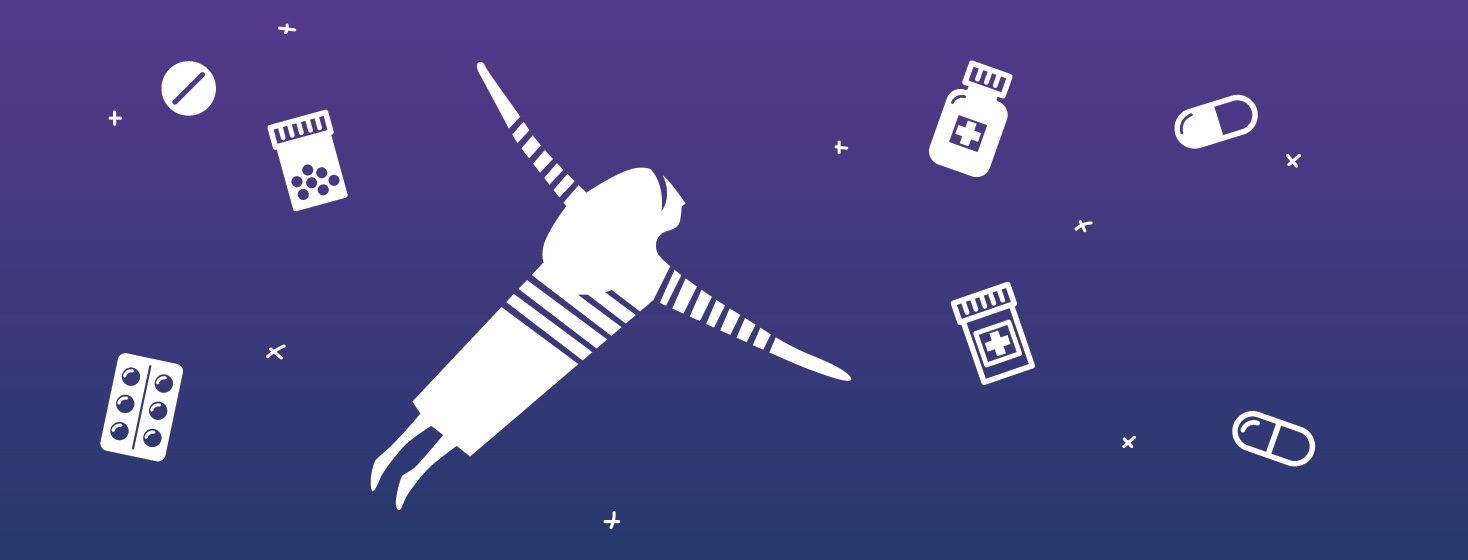Great Expectations
Starting a new drug treatment always makes me hopeful. But I’ve learned the hard way to be realistic.
Most of us believe in our doctors. We believe the medicines they prescribe will work on whatever’s ailing us. I’m a baby boomer, and aside from catching all the super-contagious, pre-vaccine-era kids’ diseases, I was ridiculously healthy.
So, I grew up believing that if I came down with something that wouldn’t go away on its own, my doctor would make me all better. Later, as a young adult, I expected nothing less.
Reality Check
After my diagnosis with rheumatoid disease at age 31, though, I discovered that my belief in doctors and the miraculous medicines they prescribed wasn’t very realistic.
Now, I wasn’t completely credulous. I knew there were some diseases that medical science couldn’t cure yet, such as cancer. But there surely, I thought, weren’t very many. After all, modern medicine could even cure the black plague!
But not arthritis? Really? First, I’d never thought of arthritis as a “disease” before. Wasn’t it just the word for those achy joints old people got? Rheumatoid arthritis wasn’t even on my radar. It scared me a little; after all, “incurable” is a sobering, ultra-adult word. But then my doc grabbed his mighty prescription pad and scribbled.
I’m sure you know what happened next: the NSAID (non-steroidal anti-inflammatory drug) he’d prescribed didn’t do squat. I went back to see him. We tried another. Zilch. And another, this time to take in tandem with one of the early DMARDs (disease modifying anti-rheumatic drugs). Nada. We tried another. Zip.
I took each new drug with boundless hope. I had to; the pain I was in was shattering. But in the end, the only drugs that worked at all were the pain-killing opioids, and with those my doc was frustratingly stingy. Finally, after having so many drugs fail me, I lost hope. Angry and frightened of their potential side-effects anyway—and ignorant of the damage untreated RA could do to my joints and organs—I decided that I wouldn’t bother with doctors or drugs for it anymore. I’d just cope, somehow.
I was lucky. After several more years of misery while I self-treated my pain with ice, heat, salves, and OTC pain relievers, a miracle happened. My RA went into a long remission. It was lovely. I was grateful.
It woke up again in 2005, though. Fortunately, it wasn’t as bad as before, so I went back to coping. But by 2008, Dr,Google had taught me about the awful things RA might do to me if I didn’t at least try to treat it. I also learned that there were now a large handful of shiny new drugs that offered a lot of serious hope. With my symptoms worsening, I finally gave in and went to a rheumatologist.
New Drugs, New Results?
I wish.
My new rheumy put me on a new-ish NSAID and an older, traditional DMARD I hadn’t tried before. They didn’t work, of course. After two years of trial-and-error, we settled on a “cocktail” of drugs that mostly relieved my symptoms (with the help of painkillers) and slowed the disease’s progression. My rheumy said it was the best I should expect. I appreciated his honesty.
But RA is a tricky beast. Sometimes it makes end-runs around the drugs that treat it. Mine did. Since 2014, four biologic DMARDs (b-DMARDs) have failed me, but the fifth, along with that “cocktail” of mine, seems like it’s working. My labs are looking up. And like before, I keep the pain mostly under control with “alternative therapies” and low-dose, opiate pain-killers as needed.
Great Expectations
RA strikes each of us differently. Likewise, the drugs that treat it. They work miraculously for one person, but fail to work for another. Sometimes, they work for a while, then stop. A few of us achieve partial or full remission of the disease for a few weeks—or for several years. There’s no predicting any of it.
But I believe in doctors and their magical prescription pads again. Medical science continues to discover and develop amazing new RA drugs. One day, I think they’ll find one that will work for all of us and cure this incurable disease. Why should I expect any less?

Join the conversation